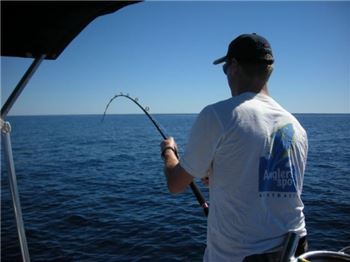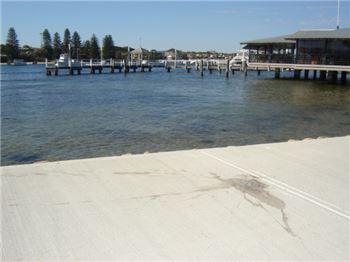NSW: Seasonal closure now in place for pipis
Minister for Primary Industries, Katrina Hodgkinson announced that the seasonal closure on the commercial harvest of pipis is in effect across the State.
Ms Hodgkinson said the six month closure is a recommendation of the cross-sector Pipi Resource Planning Group, which was formed to advise on options for the future management of pipi harvesting in NSW.
Pipis are a clam species which are found on open surf beaches.
“The closure until 1 June 2012 is part of the sustainable management of the NSW commercial pipi fishery and is designed to reduce fishing pressure on pipi populations,” Ms Hodgkinson said.
“I have been concerned by reports from various stakeholders, including local fishermen, that our State’s pipi population has dwindled rapidly in the past five to 10 years.
“The NSW Government is aware that there has been a decline in the abundance of pipis on the State’s beaches, and along the whole east coast of Australia, in waterways that are commercially harvested and those that are not. Seasonal closures are an important management tool to help ensure the continued sustainability of our State’s much-valued fisheries. Fisheries Officers will be on patrol along the NSW coastline to ensure commercial fishers comply with the closure."
“Recreational fishers are permitted to collect a maximum of 50 pipis for bait purposes only and not human consumption.”
Ms Hodgkinson said the Planning Group is made up of representatives from Indigenous, recreational and commercial fisheries groups as well as conservation stakeholders and members of the NSW Department of Primary Industries (NSW DPI).
“The NSW Government will continue to closely monitor the situation and actively manage the pipi resource.
“In addition to harvesting, the abundance of pipis is likely to depend on a range of environmental factors, including climate, habitat suitability, beach profile, oceanic dynamics, existence of algae and food sources.
“NSW DPI is continuing to work with key stakeholders on the development of long term fishery arrangements to ensure that pipi stocks continue to provide environmental benefits and support ongoing fishing activities,” Ms Hodgkinson said.







